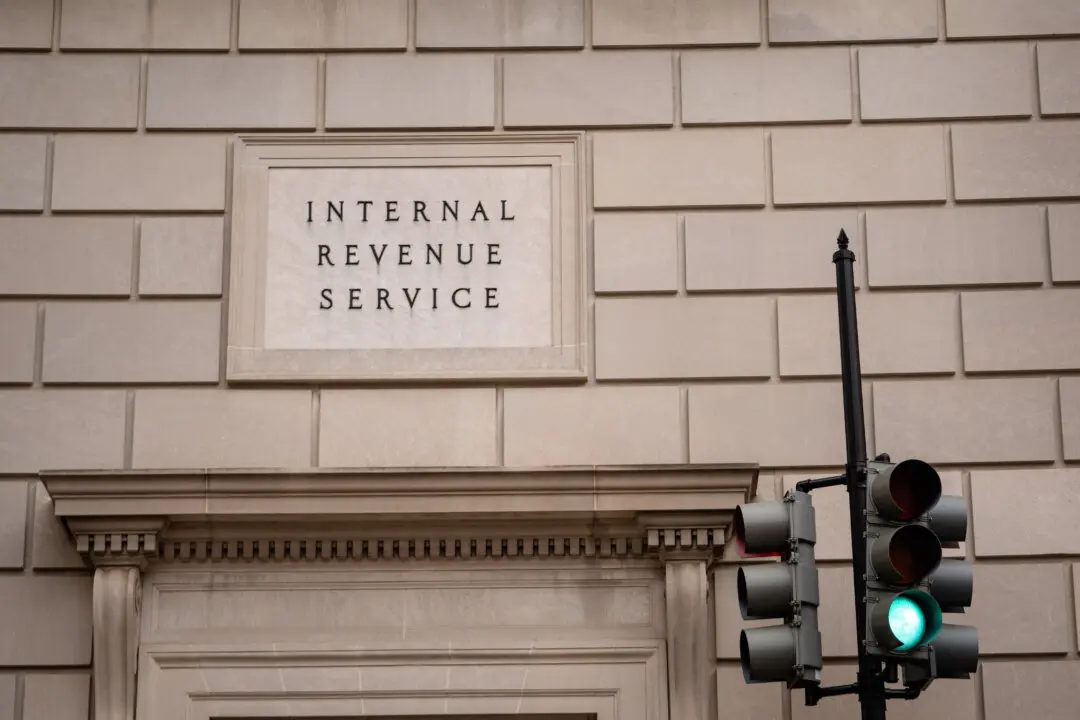Texas’s total nonfarm employment hit a record high in April following thousands of new job additions, the Texas Workforce Commission (TWC) said in a May 16 statement.
The state added 37,700 new positions in April, which took the total number of nonfarm jobs in Texas to 14.32 million. This was the fifth consecutive month of record-high jobs.





